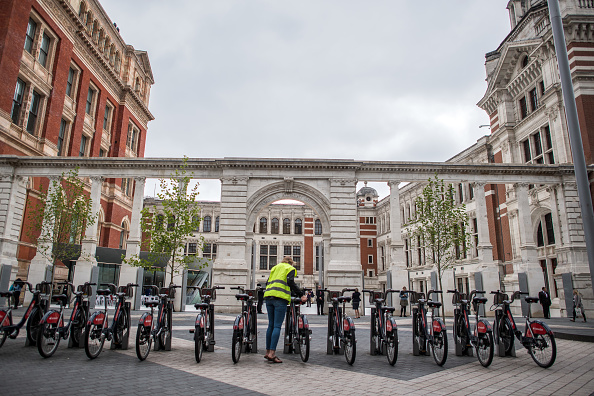From Moscow to Kensington: transparency can end properties funded by corruption

Look around the borough of Kensington and Chelsea and you’ll see why so many diplomats refer to our city as “Londongrad”. Over 6000 properties are registered to anonymous foreign shell companies in places like Jersey and the British Virgin Islands.
While 3000 households are on the housing wait list many of these properties stand empty. You could hardly imagine a starker contrast than North Kensington to the billionaire’s row of Kensington Palace Gardens, where royals rub up against oligarchs.
Now a cross-section of Kensington society has come together to say enough is enough as part of a new campaign to rid our streets of dirty money. Putin’s invasion of Ukraine is the final straw for a borough that has long been the home of extreme inequality. Being simultaneously the wealthiest borough in Britain, and the most unequal, is a jarring reality for many residents in Kensington. We have four of the top ten most expensive streets in England, while one in four kids grow up in poverty. Nearly a quarter of the borough sits in the bottom 20 per cent of wards in England and Wales for deprivation.
Fortunately, we are also known for incredible community mobilisation and social activism, which is driving this new effort to shine a light on dirty money in the borough and its contribution to our housing inequality.
Our campaign starts with transparency. We need to know who owns which properties. What is the point of sanctions if you don’t even have an accurate picture of what assets these oligarchs hold in the UK?
Once ownership is established, we need to equip our investigators and prosecutors with the tools and staff to chase down corrupt money.
Research from Transparency International has shown that there is at least £1.5bn worth of property owned by Russian individuals accused of corruption or with links to the Kremlin in the UK – nearly a fifth of this is in Kensington and Chelsea.
Any property found to have been purchased with corrupt money should be seized, and the proceeds made available to support refugees fleeing political persecution from the dictatorships where the money came from.
Perhaps Roman Abramovich’s Kensington Palace Gardens home should be made into a welcome centre for Ukrainian refugees.
But that is just the beginning.
Clamping down on dirty money in Kensington, as residents and local businesses are now calling for, should be the start of a seismic shift in the borough away from catering for the super-wealthy and towards solving our housing crisis. Thirteen per cent of households are overcrowded and the temporary accommodation level is 50 per cent higher than London overall. The council is one of the worst performers nationally for meeting its housing delivery targets set by the central government, which means it is failing to provide enough affordable housing.
Our campaign is calling for the Council, the local MPs, central government and the City to work together to turn this situation around.
Oligarchs and kleptocrats from across the world have had a field day in the borough for decades. The tide is now turning. We need less dirty money in Kensington, and more investment in social housing.
